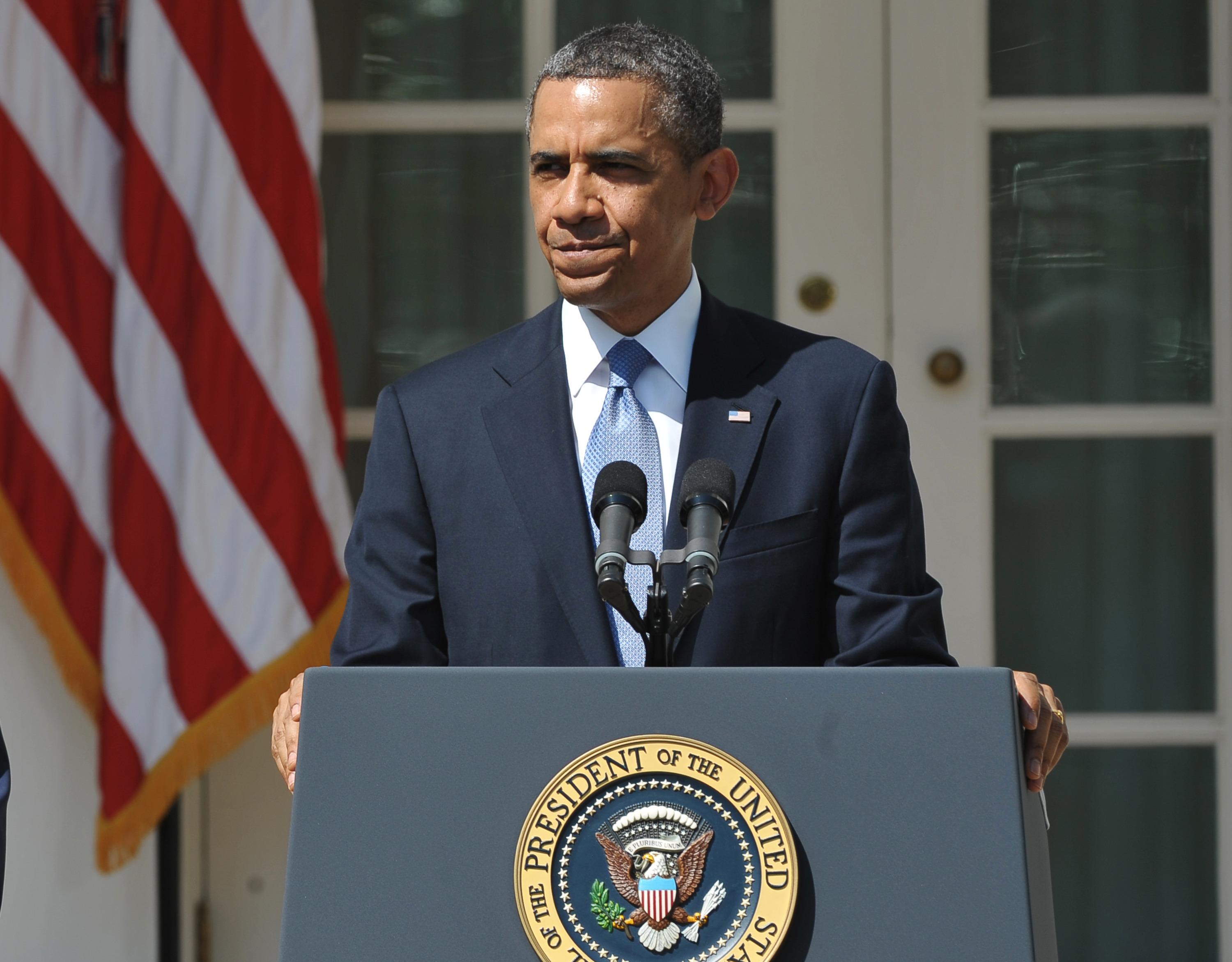President Obama’s much delayed fiscal year 2014 budget is another salvo in D.C.’s endless war over taxes. Obama embraces both reductions in Medicare payments and a controversial cost-of-living formula to reduce Social Security benefits while demanding higher revenues. Republicans once again refuse to consider even a small amount of additional tax revenue as their side of a bargain.
But this superficial conflict about taxes hides a much more fundamental dispute about class warfare. The White House wants to substantially redistribute income downward, while the GOP wants to do just the reverse.
On both the tax and the spending side, this fight is really about who gets the money. Democrats want to pare back tax breaks for high-income individuals in order to preserve social services, while expanding a handful of tax credits aimed at the working poor. The GOP concept, by contrast, is to shelter tax incentives for savings and investment from any closure—a move that primarily benefits more prosperous households. The tax loopholes Republicans would close would likely result in higher taxes on many middle-class families in order to finance a big cut in the top marginal-income tax rate—a cut that only helps the wealthy.
On spending, a similar divergence emerges. The Republican budget savages programs for the poor. Medicaid, SNAP, Pell Grants, and other programs serving low-income households are singled out for cuts that are disproportionately large relative to the overall scope of spending cuts.
Obama’s budget is just the reverse. The Medicaid expansion and health insurance exchange subsidies included in the Affordable Care Act will be the largest shift of economic resources to the lower half of the income distribution in generations. Even high-profile gestures like Obama’s willingness to reduce Social Security benefits are conditioned on protecting low-income beneficiaries from cuts. Both Obama and Ryan would reduce entitlement spending relative to current projections. Obama does it in a way that makes the distribution of benefits more progressive. Ryan not only cuts more, he structures the cuts to make the benefits less progressive.
These policy differences reflect, in part, simple politics. Older people and more affluent people are more likely to vote Republican, so GOP policies reflect both a generalized taste for a smaller state but also the particular interests of their constituents.
But there’s also an important disagreement about the overall economy. The Obama administration is troubled by decades of growing inequality. Under the circumstances, it sees higher taxes on the rich and more income support programs for the masses as a natural response to globalization and technological change.
Republicans worry about the cost of the welfare state and fear that the American worker has gotten a bit soft. University of Chicago economist and New York Times columnist Casey Mulligan says we’re suffering from a “redistribution recession” in which excessively generous programs have gutted the incentives to work. That’s the impulse behind growing moral indignation over exactly how “disabled” recipients of disability insurance benefits really are. It’s why Mitt Romney said he’d never persuaded 47 percent of the population “to take responsibility for their own lives.” It’s why Newt Gingrich calls Obama the “food-stamp president” and it’s also why Gingrich isn’t totally wrong. Obama’s vision of America really is one in which many people will see their living standards rise thanks to better government benefits rather than higher market wages.
The GOP’s mirror-image agenda of soaking the poor to finance a tax cut for the rich is horrifying. But since neither party seems to really want to discuss its redistributionist agenda, we can’t even debate it properly.
